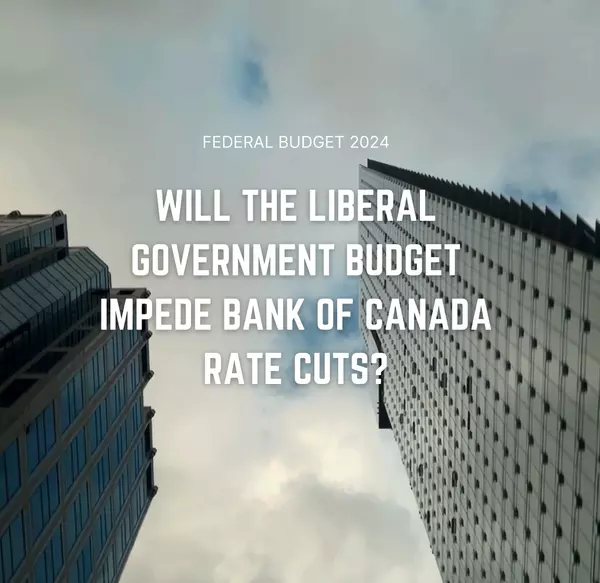

After three rate cuts, is Canada's housing market finally making a comeback?
Canada’s spring market missed the memo in 2024, and in the following months, housing markets continued to see sluggish buying and selling activity. After a summer of subdued buyer demand, which caused home prices to plateau or decline in the third quarter across many markets in Canada, activity is f
Read More

Could the new Federal Budget impede the Bank of Canada anticipated rate cut?
The Liberal Federal government unveiled a 2024 Budget Statement with a significant increase in spending, surpassing the previous Fall Economic Statement. Spending is set to increase by $53 billion over the next 5 years. In anticipation of this budget, former Liberal government minister and Former
Read More

Purchasing a leasehold vs a strata freehold. What are the key differences?
Purchasing a leasehold property instead of a freehold strata property is likely going to be a cheaper option, but it's important to understand the differences. What is a Leasehold Property? A leasehold property means that the owner owns the townhouse/condo/house itself but NOT the land it is bui
Read More

Government Incentives for homeowners
The Canadian government has made financial incentives available to support indiviuduals and families in various areas of life including housing. Understanding and accessing these incentives can impact your financial planning goals. The government offers several financial incentives, each with t
Read More
Categories
Recent Posts







